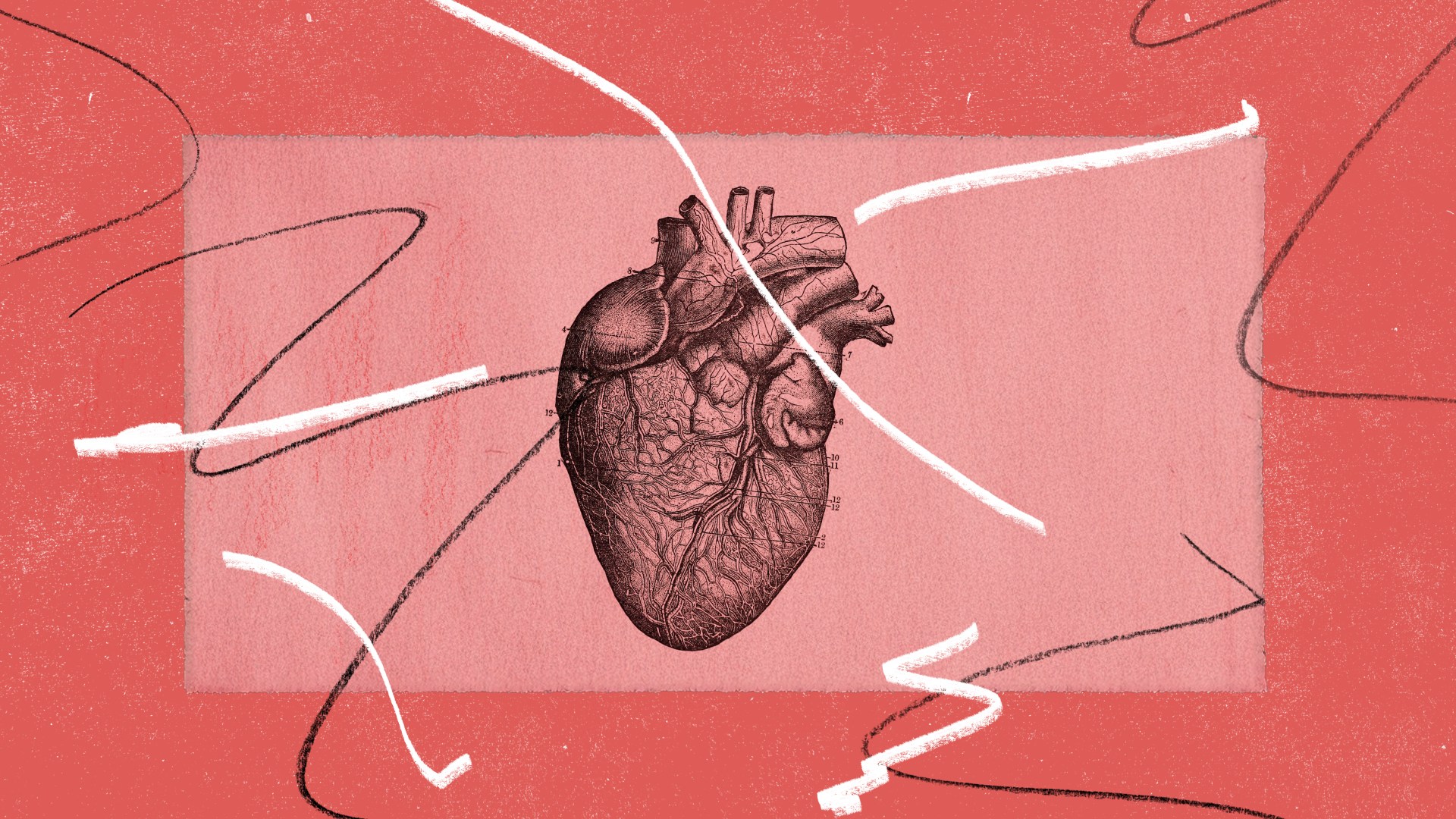There’s a scene in the Pixar movie Inside Out 2 that had me nodding while holding my popcorn. As the character Anxiety tries to protect her human, Riley, from “scary stuff,” she takes the switchboard controls representing Riley’s mind and becomes both a whirling dervish of frantic activity and paralyzed in place. That’s how anxiety often feels—both frenetic and stuck.
In 2025, the sheer glut of information can overwhelm our nervous systems so we feel stuck and frantic, just like Anxiety.
Systems can be anxious too. We’ve all seen groups gather around the most anxious person in an organization and, being unsure of the future, follow that person down the drain of fretting, endless social media shouting, or self-protection. Behind our anxious hearts and systems, fear lurks.
The question then is, will we allow Jesus to break up what Edwin Friedman called “an imaginatively gridlocked relationship system” in our lives and the systems we’re part of? Or will we succumb to panic?
Panic may be a natural response, but Christ offers a better way.
In this issue, we acknowledge panic and point to Christian ways through it. Editor in chief Russell Moore brings us to the place of panic in Caesarea Philippi with Jesus and Peter (p. 29). We also feature Moore’s interview with former vice president Mike Pence (p. 21).
Skyler R. Flowers and Michael Graham provide language for our fractured evangelical landscape and offer direction for faithfulness (p. 36). And from her work at the Bonhoeffer-Haus in Berlin, Laura M. Fabrycky writes about how we’ve made Dietrich Bonhoeffer a hero, flattening out his complex web of social belonging to our detriment (p. 46).
In addition, we give you a glimpse of the evil of rape in the Democratic Republic of the Congo and how our human thirst for technology can perpetuate violent systems (p. 72). It’s a hard read, as those of us who edited and gave art direction for Mindy Belz’s reporting in “To Make the Wounded Whole” know. But even in this landscape of evil, there is healing for victims, pictured in the work of Panzi Hospital and the hands of Dr. Denis Mukwege.
We are not without hope that Jesus will ultimately swallow evil. To aid us in our response to him, Kimberly Deckel has written a prayer (p. 82).
We’re also proud to bring you results from the Global Flourishing Study, a multiyear scientific survey of participants in 22 countries shedding light on what makes a “good life”(p. 84). As the Christian researchers note, wealthier countries may not excel at overall life flourishing.
Whatever causes our panic, the way through our own imaginatively gridlocked systems is by naming evil and fear and bringing them to God in lament. He sees evil. He will perfectly mete out justice, and he promises to cover us with his mercy. One day he will make all things right. Only love can bid our anxious fears subside.
This article appeared in the May/June print issue on p. 14 as “Editor’s Note.”
Ashley Hales is editorial director for print at Christianity Today.











